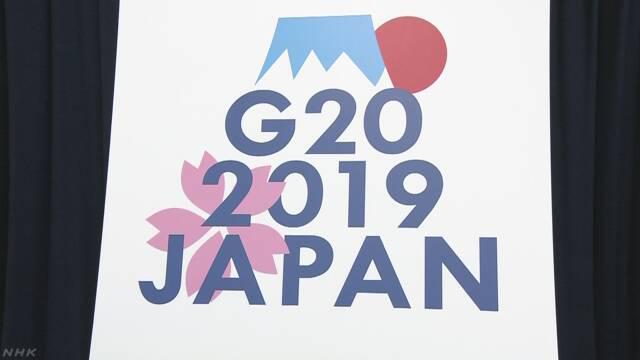Japan, the host of this year’s G20 meeting, is trying to hold back the tide. Prime Minister Shinzo Abe is calling on member countries to adopt a new regime for data governance at the Osaka summit in late June.
He stressed in a recent speech that, “enabling the free flow of medical, industrial, traffic and other most useful, non-personal, anonymous data to see no borders” is a must in an era of global digital economy.
Abe added that a regime of “Data Free Flow with Trust” (or DFFT) is needed, and that the summit should be the start of a new “Osaka Track” that looks at data governance under the auspices of the World Trade Organization.

Oil of the 21th century
But striking an accord with 19 other major economies may not be so easy. The concept that “data is the oil of the 21th century” reminds us how valuable massive data can be to multinational entities.
Of the ten largest global firms, seven are technology specialists or internet-related: Apple, Alphabet/Google, Amazon, Facebook, Tencent and Alibaba.
Protecting personal data and security-related information is important, but some countries are setting in place regulations that go far beyond that.
China adopted its new "Cybersecurity Act" two years ago. It requires businesses to undergo government security assessments if they wish to transfer "important" data overseas. It also says the data must be stored in servers within mainland China. Experts say foreign firms operating in the country are becoming increasingly fearful about how the rules will be implemented.
And it’s not only China that's imposing new rules. According to the Japan External Trade Organization, Vietnam began implementing similar restrictions from January to require data localization.
India is currently contemplating imposing new restrictions on data outflow. Russia and Nigeria have also adopted data localization measures.
Impact on business
And companies in Japan are becoming fearful of the possible adverse effect on business and the global economy. Their biggest nightmare is that they will not be able to transfer data from their own overseas subsidiaries.
Some firms use real-time monitoring of their overseas factory lines or other operations. But if data transfer is not allowed, they will not be able to do so.
Japan will kick off the discussion this weekend at the G20 Ministerial Meeting on Trade and Digital Economy in Tsukuba. But countries are divided on the issue.
The US is a firm believer in free data flow and China will not easily give up its own data restrictions. Drawing a fine line between “data protection” and “data protectionism” may also be a difficult issue. Intense debate is expected on how member countries define the concept of “trust” that will enable the free flow of data.
And in the background is a global economy that's slowing amid an intensifying trade row. That can only get worse if countries start a war over data, so all eyes are on whether Japan can show leadership and create a fresh new framework to bridge the data governance gap.

